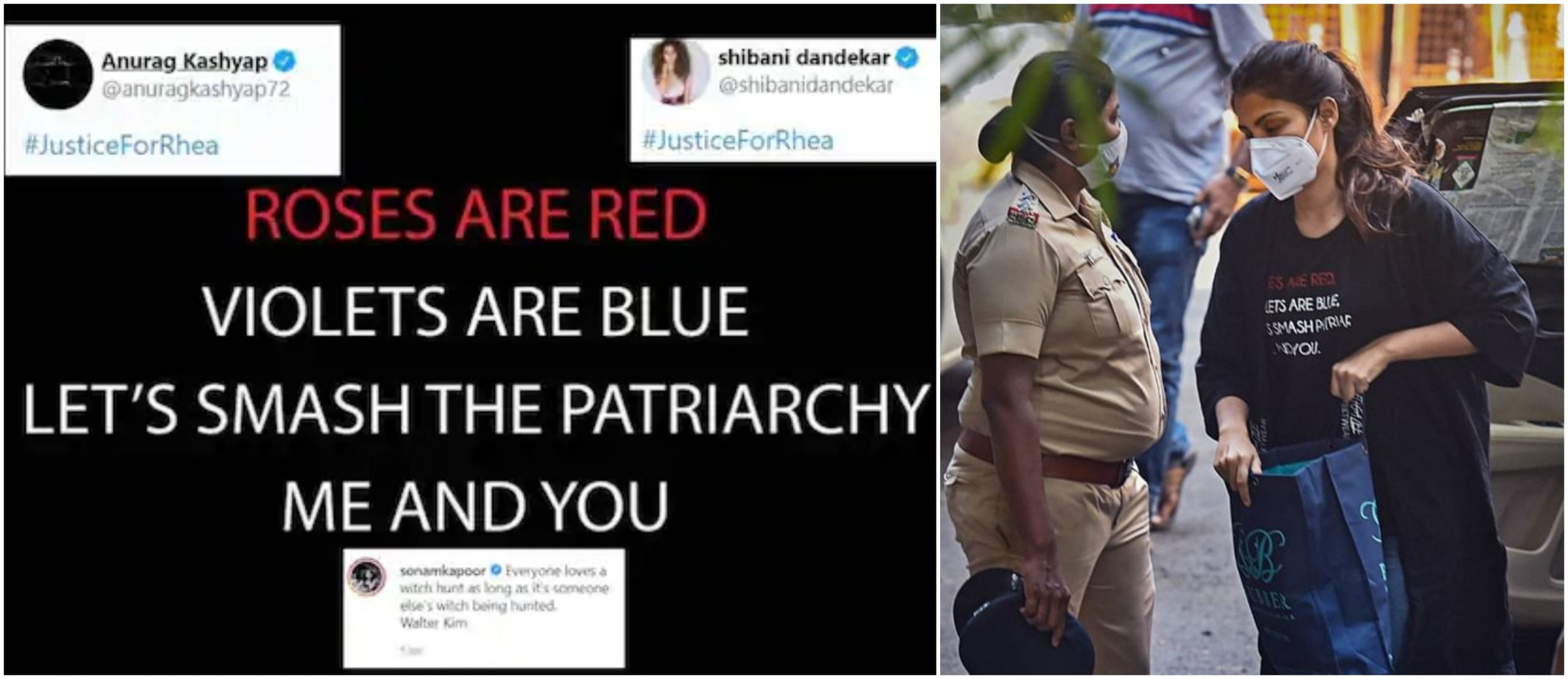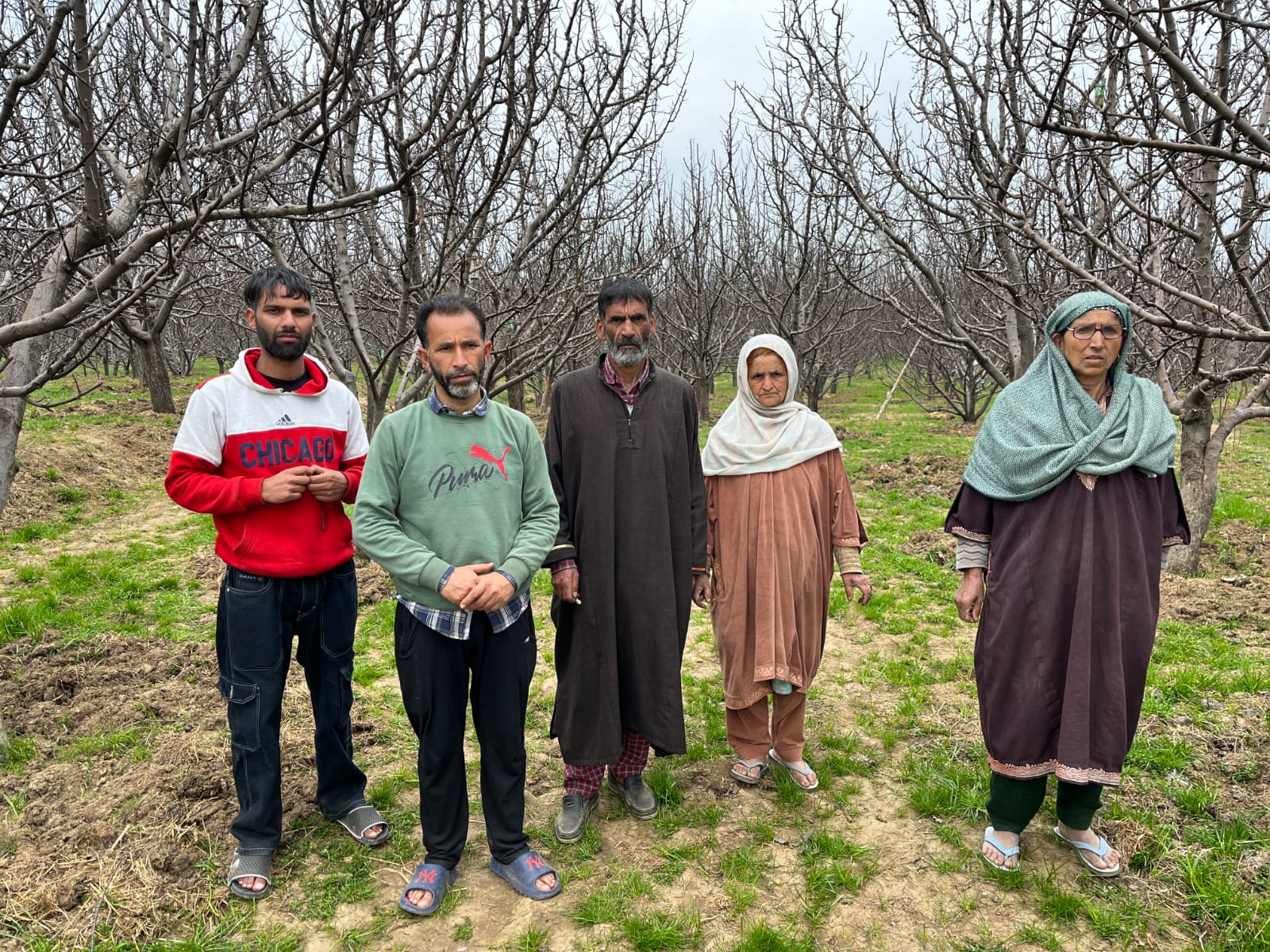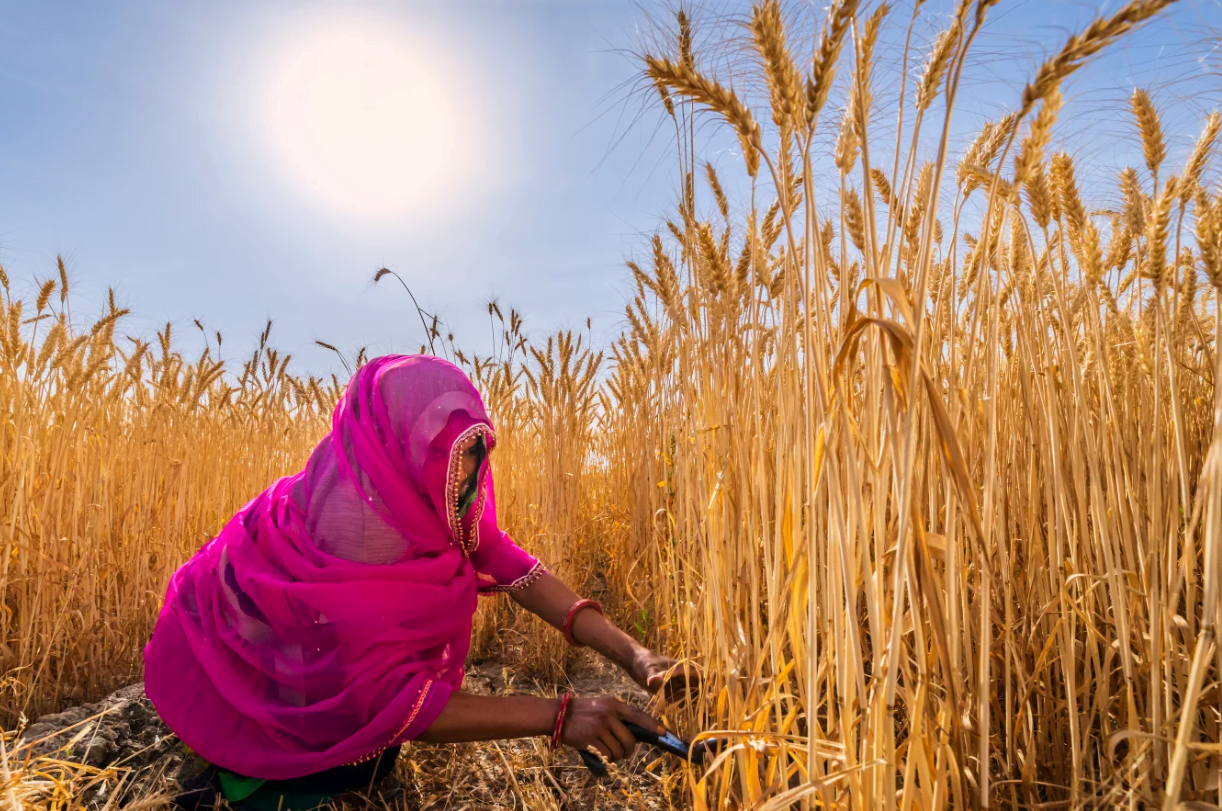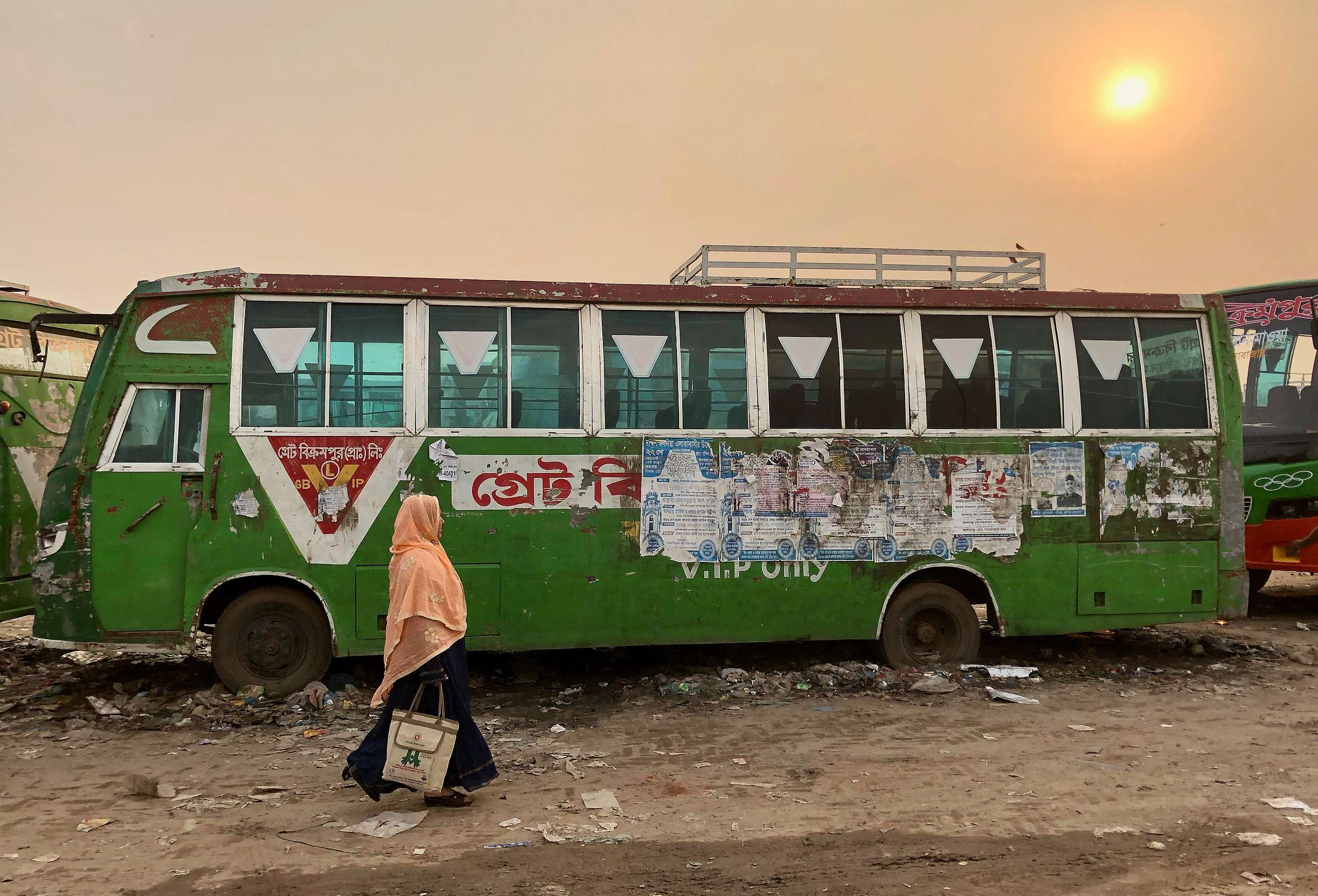Co-authored by Deepika Singh
In the recent wake of Rhea Chakraborty’s vilification and “witch-hunting” by the Indian media and Indian public, many Bollywood celebrities decided to speak up, echoing the slogan against patriarchy which read,
‘Roses are red, violets are blue. Let’s smash Patriarchy, me and you.‘
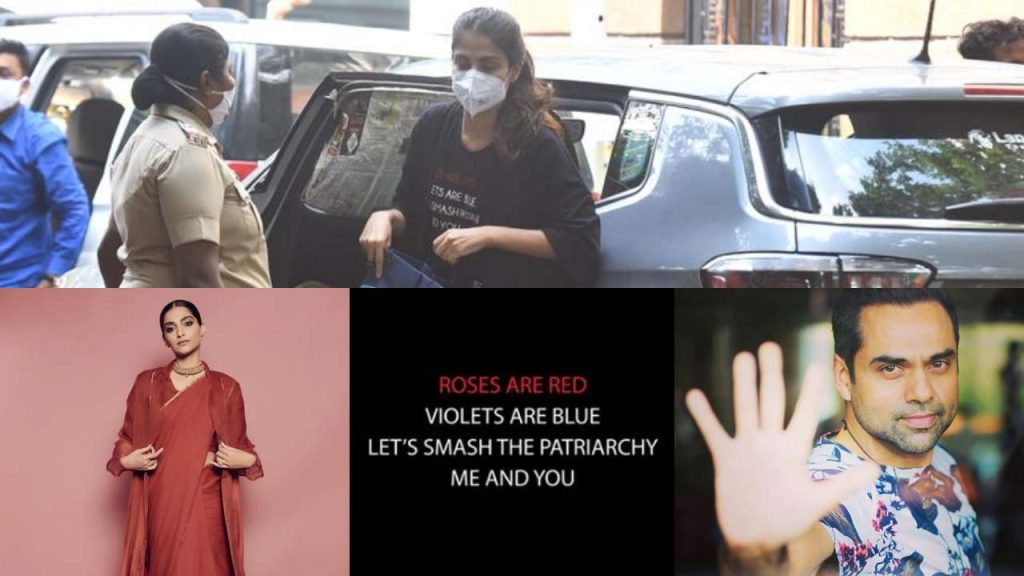
The lines first appeared in focus on Rhea’s T-shirt which she wore when she went for questioning at the Narcotics Control Bureau (NCB) office in Mumbai on 8th September. Soon after this, the symbolic assertion attached to it took the social media by a storm and people started talking about it. People who supported Rhea’s “witch-hunt” started attacking feminism, based on a misreading of Feminism, and bashed the actor further. Others started applauding the actor for her assertiveness. Soon the lines began reverberating on social media.
Bollywood celebrities too started sharing the slogan on their social media handles in support of Rhea. #SmashPatriarchy began trending on Twitter as a fiery signifier in solidarity, which was really crucial, keeping the political-electoral veneer manufactured around the entire issue aside.
However, underneath the echoes, there lies an important question that we need to ask ourselves and the Bollywood as well: What does this really signify?
Should we consider this call of Bollywood as an authentic call?
Is this going to change the patriarchal and deeply masculinist thematics that Bollywood has often engaged with comfortably and at times endorsed through movies?
Bollywood, which in itself panders to the most patriarchal, casteist, racist, homophobic, and Islamophobic sentiments, in diverse ways, be its composition, its production, and promotions, how does it seek to ride firm on the whim of smashing the patriarchy overnight, what assurances, steps and measures does it speak of or provide, when giving the call for smashing patriarchy?
Does it not need to first look inwards?
How would it ensure that the call to ‘smash patriarchy’ is not reduced to empty slogans with no substance, for that will be self-defeating for the cause of Feminism?
Roses Are Red, Violets Are Blue;
When The Role Of Woman Was Vilified, Bollywood, Where Were You ?
While Bollywood is not a homogeneous entity and there might be different voices and counter-voices, it will not be however wrong to infer that by and large, Bollywood caters to the larger structure in which the society is fixed, which happens to be that of patriarchy and thus, Bollywood has always been status-quoist by lending itself to be used as another apparatus of the State—one of its propaganda machineries that helps maintain the social hierarchies and political, social, economic power structures.
Rather than questioning the social and cultural prejudices, Bollywood not only feeds on those prejudices and reinforces them in the society, but also has played an exceptional role in generating them. Be it the popular portrayal of love as oppressive, entailing suffering for the women, or as showing women in erroneous light or by featuring love as manipulation, transgression of consent and violating the space of a women—the media hounding of Rhea should be seen as an extension of the same, as Bollywood for very long has been comfortable in endorsing such thematic through its movies.
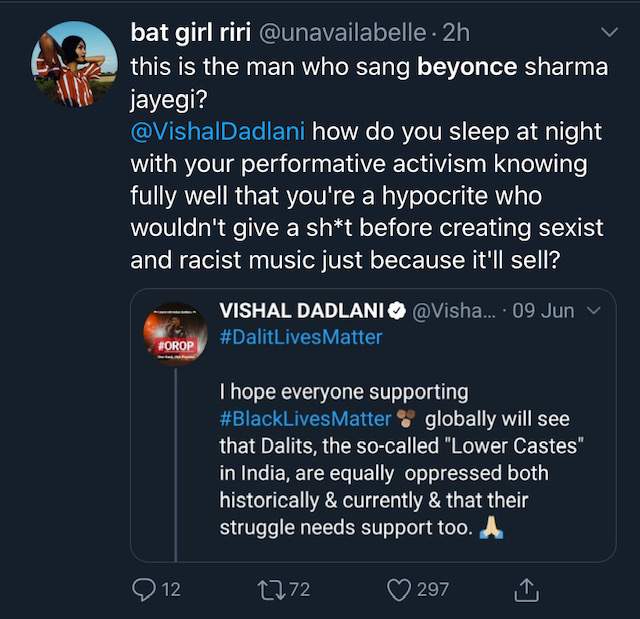
Thus, when people associated with Bollywood support the call to smash patriarchy, condemn the violation of a woman’s private space by the media, they need to pause and reflect to ask—how many movies have they produced, directed, sang for, or acted in, for which the the casting was paid the equal anounts or in which violation of the female-protagonist or character’s private space was not normalised or justified?
When people associated with Bollywood support the call to smash patriarchy, condemn the violation of a woman’s private space by the media, they need to pause and reflect to ask—how many movies have they produced, directed, sang for, or acted in, for which the the casting was paid the equal anounts or in which violation of the female-protagonist or character’s private space was not normalised or justified?
At this juncture, it will be helpful to remember that the vilification of Rhea did not begin with media hounding alone. It started before that, when social media went abuzz with name-calling and buying the “Rhea is a witch who used to do black magic on Sushant.”
Has the thematic in Bollywood abstained from this label vis a vis the female-characters in the movies?
Hasn’t bollywood rallied to calling women “witches”, “chudail” , “daayan” and what not, in the movies so produced?
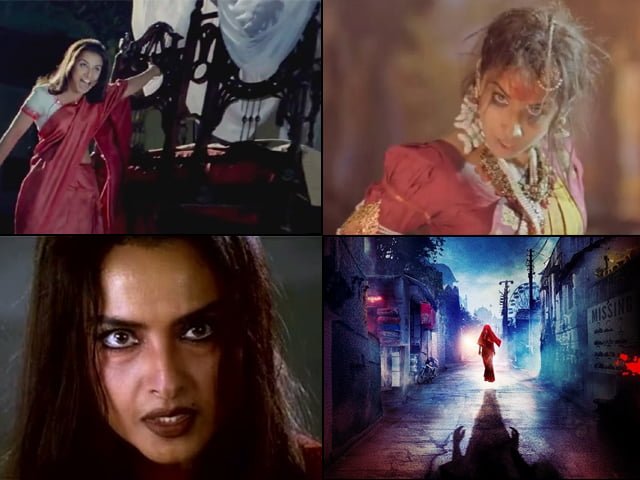
So when Bollywood calls for smashing patriarchy, let us also remind ourselves that this kind of vocabulary has not left Bollywood yet.
Bollywood as the Microcosm of Society or the Driver of Social Change?
If we say that the Indian state had been oppressive towards certain sections of population, particularly women, does Bollywood not mimic the same structures by acting as a microcosm of the state at times, and the patriarchal society at others?
There have been instances when Bollywood celebrities have gone to the extent of supporting their colleagues when they are called out for making deeply problematic movies. When movies like Kabir Singh are made valorizing toxic masculinity and upholding patriarchal norms, hardly any Bollywood celebrities were seen taking objection. Bollywood celebrities are perfectly fine with movies like Tanhaji, Bahubali, which brazenly display caste pride, let alone the public that is all applause at such display.
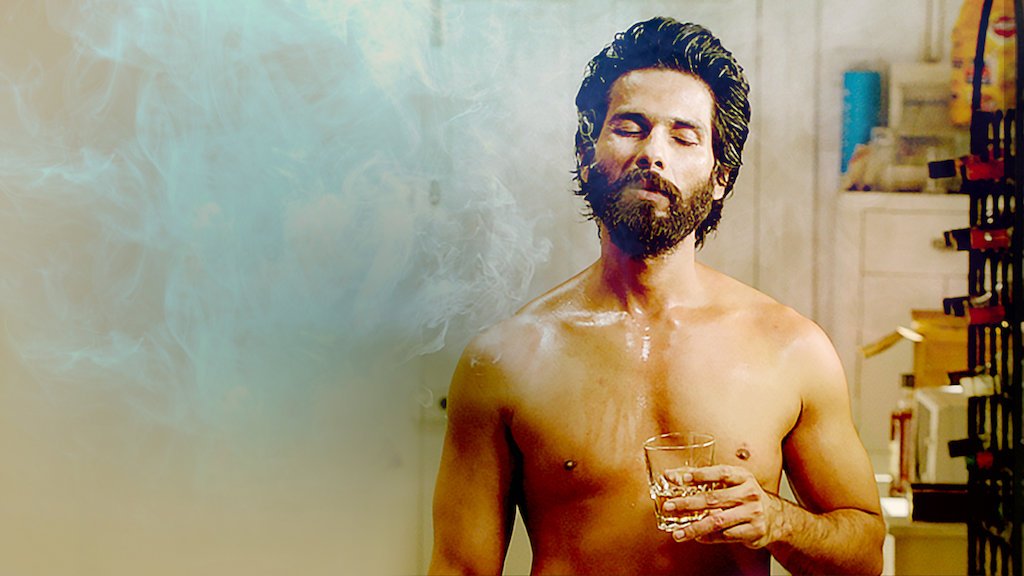
Systematic oppression of Dalits, Adivasis, Muslims, Kashmiris hardly get any attention of Bollywood, but are used when propaganda politics needs a high. Recently a student activist and scholar Safoora Zargar underwent more harsh media trials and was witch-hunted and vilified by media and people in an equally if not more cruel light; she was forced at the receiving end of all sorts of sexist and misogynist comments, but it did not see Bollywood waking up to give a call for smashing the patriarchy. There are so many similar instances, involving the people from the Bollywood industry themselves being let down by the same industry, when it let patriarchy smash the efforts and will of some bravehearts.
Systematic oppression of Dalits, Adivasis, Muslims, Kashmiris hardly get any attention of Bollywood, but are used when propaganda politics needs a high. Recently a student activist and scholar Safoora Zargar underwent more harsh media trials and was witch-hunted and vilified by media and people in an equally if not more cruel light; she was forced at the receiving end of all sorts of sexist and misogynist comments, but it did not see Bollywood waking up to give a call for smashing the patriarchy.
On the other hand, many Bollywood celebrities have not only been comfortable but also take pride in their caste lineages and they wear their casteist and brahminical mentality on their sleeves. Sonam Kapoor, who too can be seen speaking up against Rhea’s witch-hunt, recently openly flaunted casteist values of Karma System which believes that people get in their lives according to the karma of their past life, which in a way can be used to justify the oppressive social hierarchies.
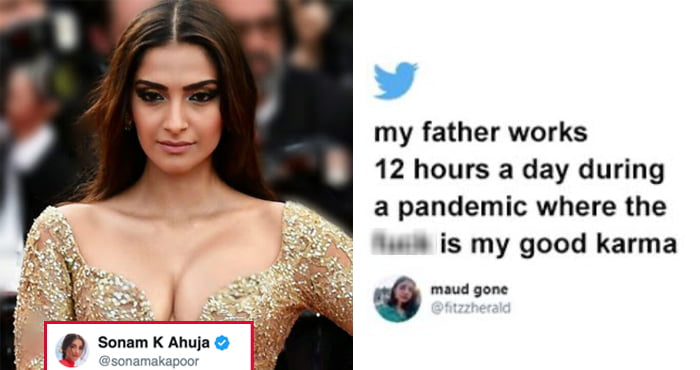
Feminism’s call to smash patriarchy is not exclusive of the call to smash all structures of inequality, given the intersectionality and therefore, it is the right time to also question the manner in which Dalit-Bahujan-Adivasis are represented in the movies and also their literal representation in the Bollywood industry.
Also read: The SSR Case Shows How Media Denies Mental Health Issues In…
Finally, and most importantly, Bollywood’s portrayal of women characters is deeply patriarchal. Women’s bodies are sexually objectified through highly sexist songs, justifying the male-gaze, promoting a culture of stalking, extending further into a rape culture in the already patriarchal society.
Is Bollywood ready to smash such thematic oppression through the lens of cinema, once and for all?
While, many would argue that Bollywood is but a reflection of the society, yet we must remember that it is also a driver of trends, a machinery of normalisation and a vehicle of social change, which has the Big Screen to impact generations altogether, in one go. Therefore, is holding Bollywood to account by asking it to be responsible in its themes and production, too much? Will Bollywood deny the influence it exerts over the minds of the masses? If it agrees to its power of influence, then there should be no denial in the mannerism of employing the machinery of influence in more responsible way.
Afterword: A letter
Dear Bollywood,
When you talk about smashing the patriarchy, you need to consider all these factors and assess your role accordingly. You have a responsibility to fight patriarchy, casteism, racism, communalism in your movies on parallel basis.
Instead of just using these terms of social justice that sooner or later are reduced to empty slogans as soon as you go back to your orthodoxically-safe spaces after the episode is over, your fight against social injustices needs to be more real, more meaningful, more substantive.
We hope this time that the slogan does not bowdlerize the cause of Feminism in Bollywood, for which the Feminists have been struggling and fighting for so long.
With love
From
“The granddaughters of the witches you weren’t able to burn,” even through the cinematic depictions and potrayals in your blockbuster movies.
Also read: Sushant Singh Rajput And The ‘Justice’ That The Media-Court Promises
The authors are currently pursuing their research at JNU.
